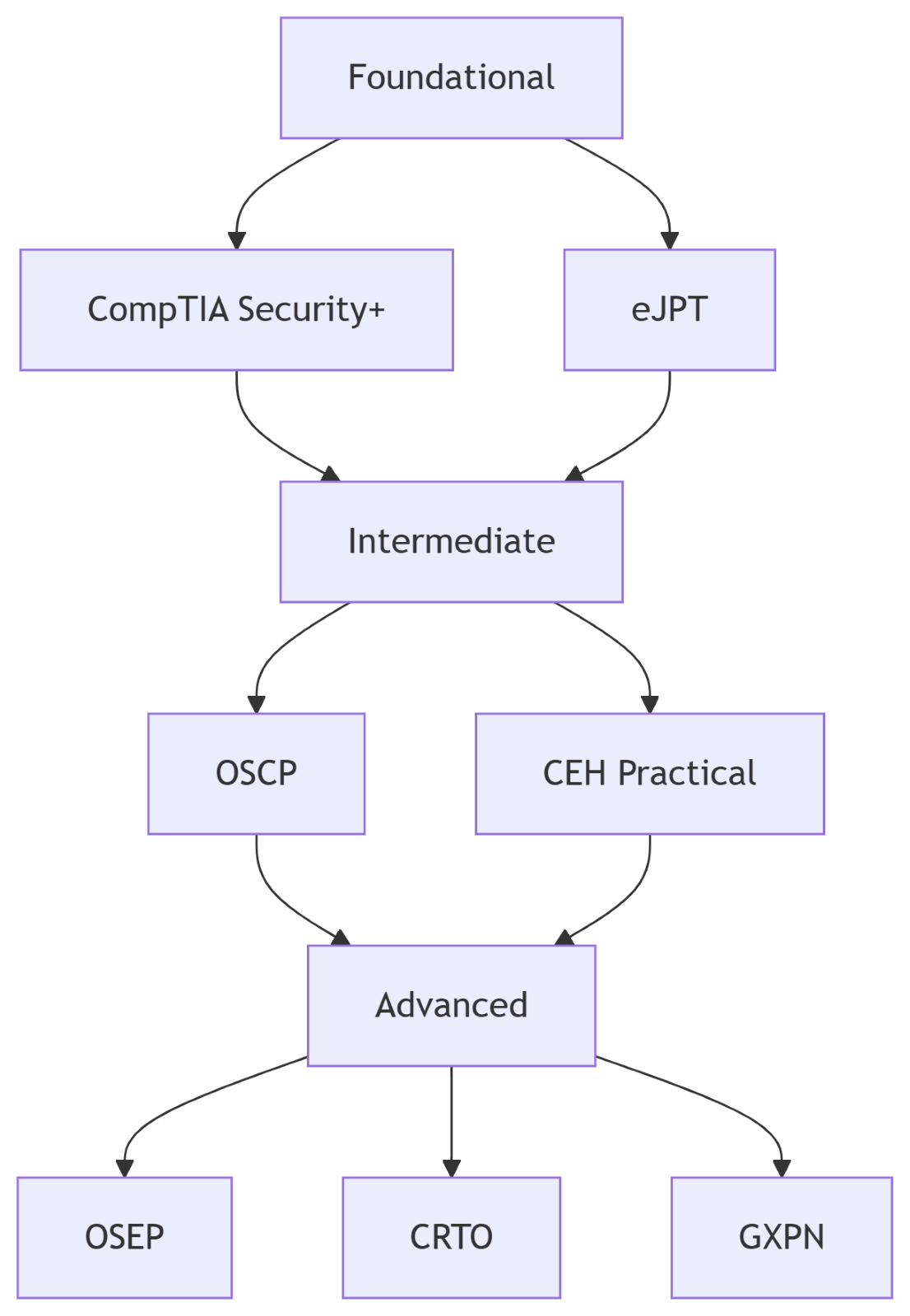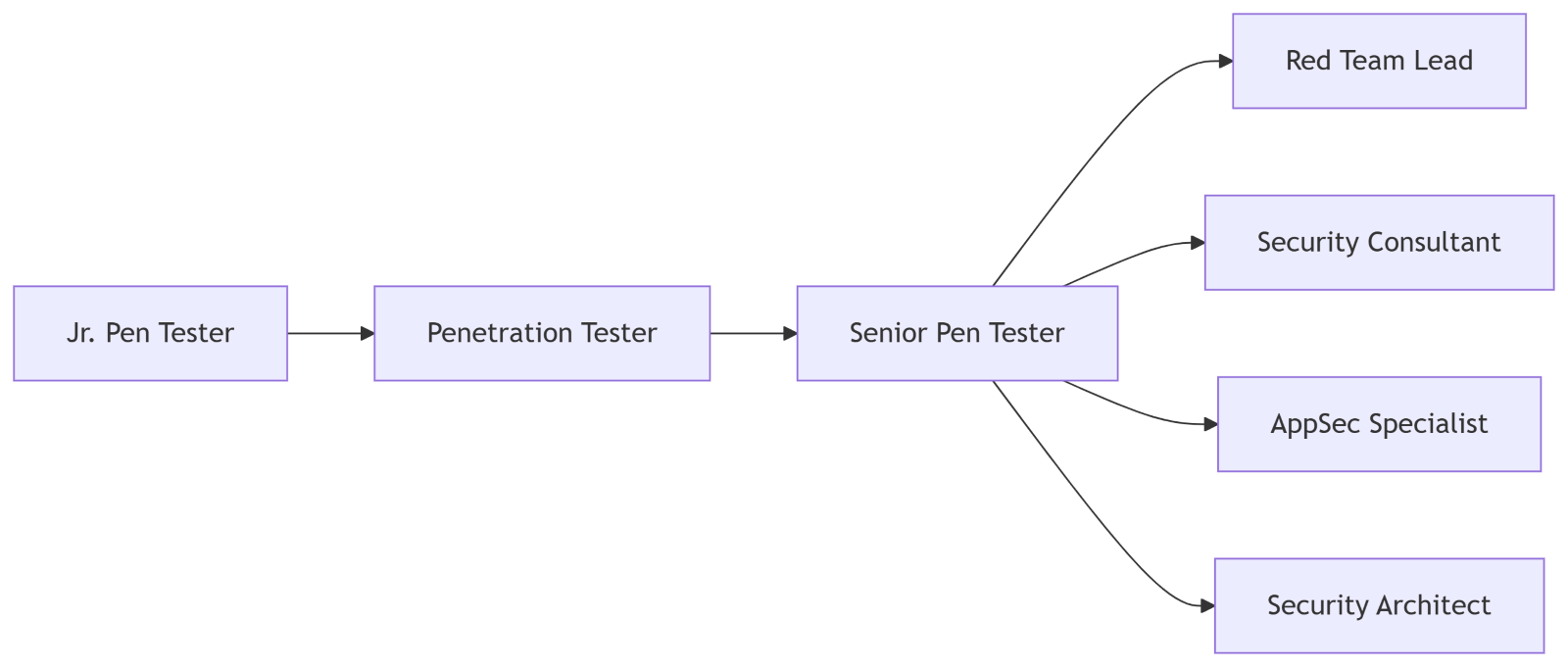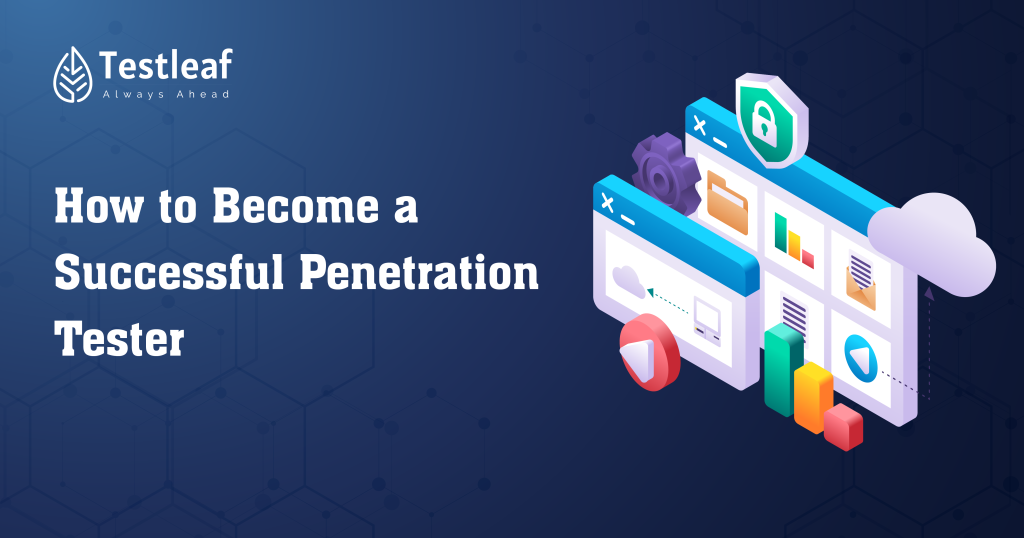Introduction: The Critical Role of Penetration Testing
In an era where cyber threats evolve at breakneck speed, penetration testing has emerged as the gold standard for proactive cybersecurity defense. The global penetration testing market is projected to reach $4.5 billion by 2030, reflecting the growing demand for skilled ethical hackers who can think like attackers to protect digital assets.
This comprehensive guide goes beyond surface-level advice to provide a detailed roadmap for building a successful career in penetration testing. We’ll explore the technical competencies required, the most valuable certifications, practical experience-building strategies, and the realities of working in this challenging yet rewarding field.
Section 1: Deep Dive into Penetration Testing Methodologies
1.1 The Penetration Testing Execution Standard (PTES)
Understanding the industry-standard framework:
- Pre-Engagement Interactions – Definition of Scope and Engagement Protocols
- Intelligence Gathering – OSINT techniques and reconnaissance
- Threat Modeling – Identifying high-value targets and attack vectors
- Vulnerability Analysis – Systematic weakness identification
- Exploitation – Controlled attack simulation
- Post-Exploitation – Determining breach impact
- Reporting – Delivering actionable findings
1.2 Advanced Testing Types and Specializations
- Web Application Testing: Deep dive into OWASP Top 10 vulnerabilities with real-world examples
- Network Penetration Testing: From basic Nmap scans to advanced pivoting techniques
- Cloud Security Assessments: AWS/GCP/Azure-specific testing methodologies
- Mobile Application Testing: iOS and Android security evaluation frameworks
- ICS/SCADA Testing: Special considerations for industrial control systems
- Red Team Operations vs Purple Team Exercises: Understanding the differences
Section 2: Building Technical Mastery
2.1 Core Technical Competencies
Networking Expertise
- Advanced TCP/IP concepts and packet analysis
- Network segmentation and firewall rule analysis
- VPN and remote access security testing
Operating System Internals
- Linux privilege escalation techniques
- Windows Active Directory exploitation paths
- Kernel-level vulnerabilities and protections
Programming for Pen Testers
- Python for tool development (Scapy, custom exploit scripts)
- PowerShell for Windows environment testing
- Web development knowledge for effective app testing
2.2 Essential Tool Proficiency
Reconnaissance Tools
- SpiderFoot for automated OSINT
- theHarvester for target enumeration
- Maltego for relationship mapping
Vulnerability Scanners
- Nessus vs OpenVAS comparison
- Burp Suite Pro for web app testing
- Qualys and Nexpose enterprise solutions
Exploitation Frameworks
- Metasploit Pro vs Community edition
- Cobalt Strike for advanced red teaming
- Empire and Covenant for post-exploitation
Section 3: Certification Pathways Explained
3.1 Certification Roadmap

3.2 In-Depth Certification Analysis
OSCP (Offensive Security Certified Professional)
- Exam format: 24-hour practical test
- Preparation strategy: 3-6 month study plan
- Lab environment walkthrough
- Common pitfalls and how to avoid them
Advanced Certifications Compared
| Certification | Focus Area | Exam Format | Ideal For |
| OSEP | Evasion Techniques | 48-hour practical | Red Teamers |
| CRTO | Active Directory | 5-day practical | Enterprise Security |
| GXPN | Exploit Development | 72-hour take-home | Security Researchers |
Section 4: Practical Experience Building
4.1 Building an Advanced Home Lab
Hardware Recommendations
- Proxmox vs ESXi for virtualization
- ARM-based devices for network simulations
- Cloud lab setup on AWS/Azure
Vulnerable Environments
- Hack The Box VIP labs breakdown
- Vulnhub machine progression path
- Custom vulnerable app development
4.2 Real-World Experience Strategies
Bug Bounty Programs
- Platform comparison: HackerOne vs Bugcrowd
- Effective triage techniques
- Writing high-quality reports
Contributing to Security Tools
- Metasploit module development
- Burp Suite extension creation
- Open-source project contribution guide
Section 5: Career Development
5.1 Job Search Strategies
- Optimizing your LinkedIn profile for recruiters
- Building a technical portfolio website
- Effective resume writing for pen test roles
5.2 Career Progression Paths

5.3 Industry Specialization Options
- Financial sector security requirements
- Healthcare penetration testing considerations
- Government and defense contracting
- Industrial control systems (ICS/OT) security
Conclusion: Building a Sustainable Career
The path to becoming an elite penetration tester requires continuous learning and adaptation. The following strategies can help you succeed in your career in the long run:
- Develop Expertise – Build a deep understanding of a particular subject area
- Thought Leadership – Blogging, conference speaking, and research
- Mentorship – Both seeking mentors as well as mentoring others
- Professional Development – Advanced training and degree programs
- Community Involvement – CTF team participation, open-source contributions
Remember that technical skills alone aren’t enough – the most successful penetration testers combine deep technical knowledge with strong communication skills and business acumen. While many begin their journey through ethical hacking or cybersecurity paths, others transition from a software tester course where foundational testing principles and automation skills are taught. The field evolves rapidly, so cultivate a mindset of continuous learning to stay relevant.
We Also Provide Training In:
- Advanced Selenium Training
- Playwright Training
- Gen AI Training
- AWS Training
- REST API Training
- Full Stack Training
- Appium Training
- DevOps Training
- JMeter Performance Training
Author’s Bio:

As CEO of TestLeaf, I’m dedicated to transforming software testing by empowering individuals with real-world skills and advanced technology. With 24+ years in software engineering, I lead our mission to shape local talent into global software professionals. Join us in redefining the future of test engineering and making a lasting impact in the tech world.
Babu Manickam
CEO – Testleaf









